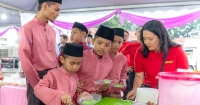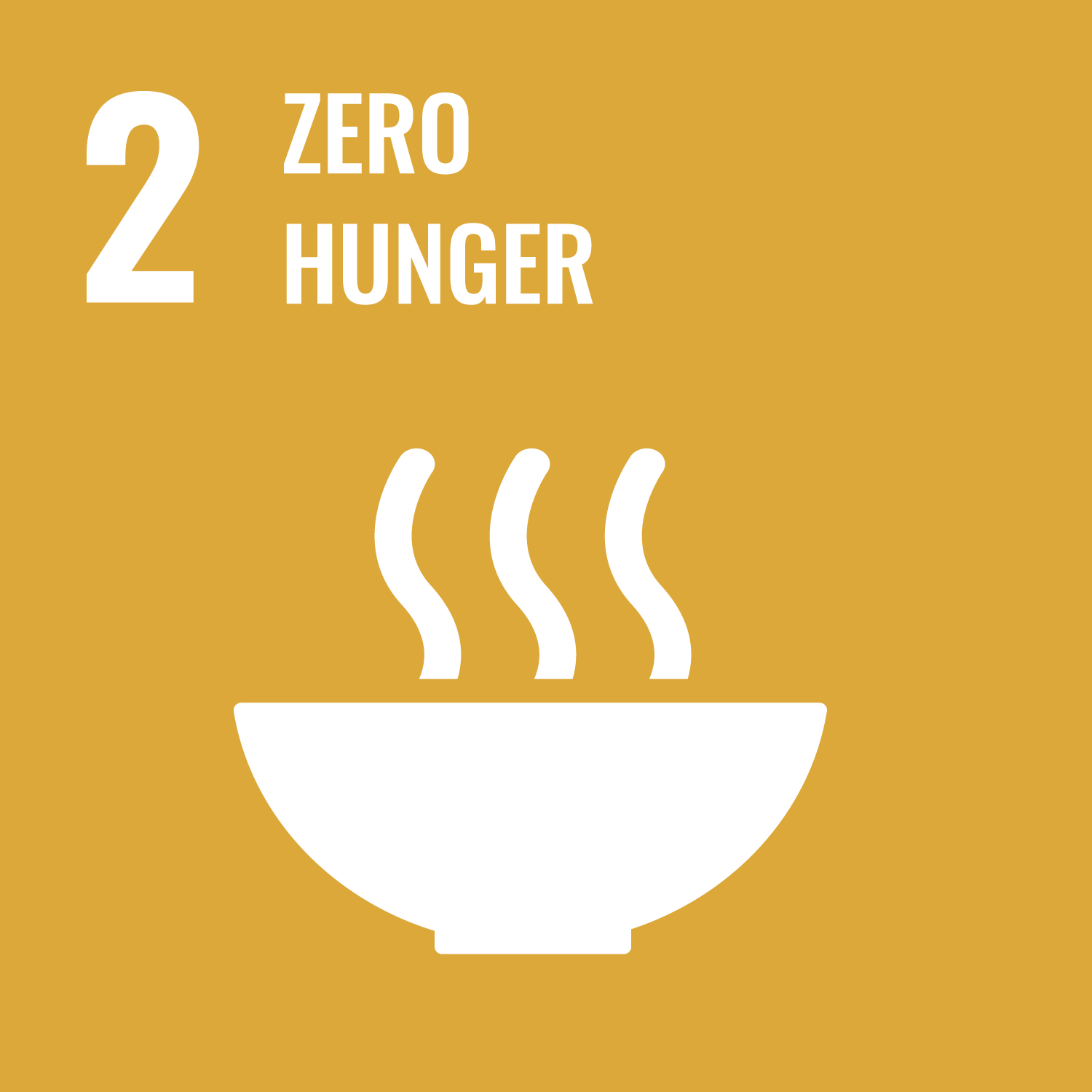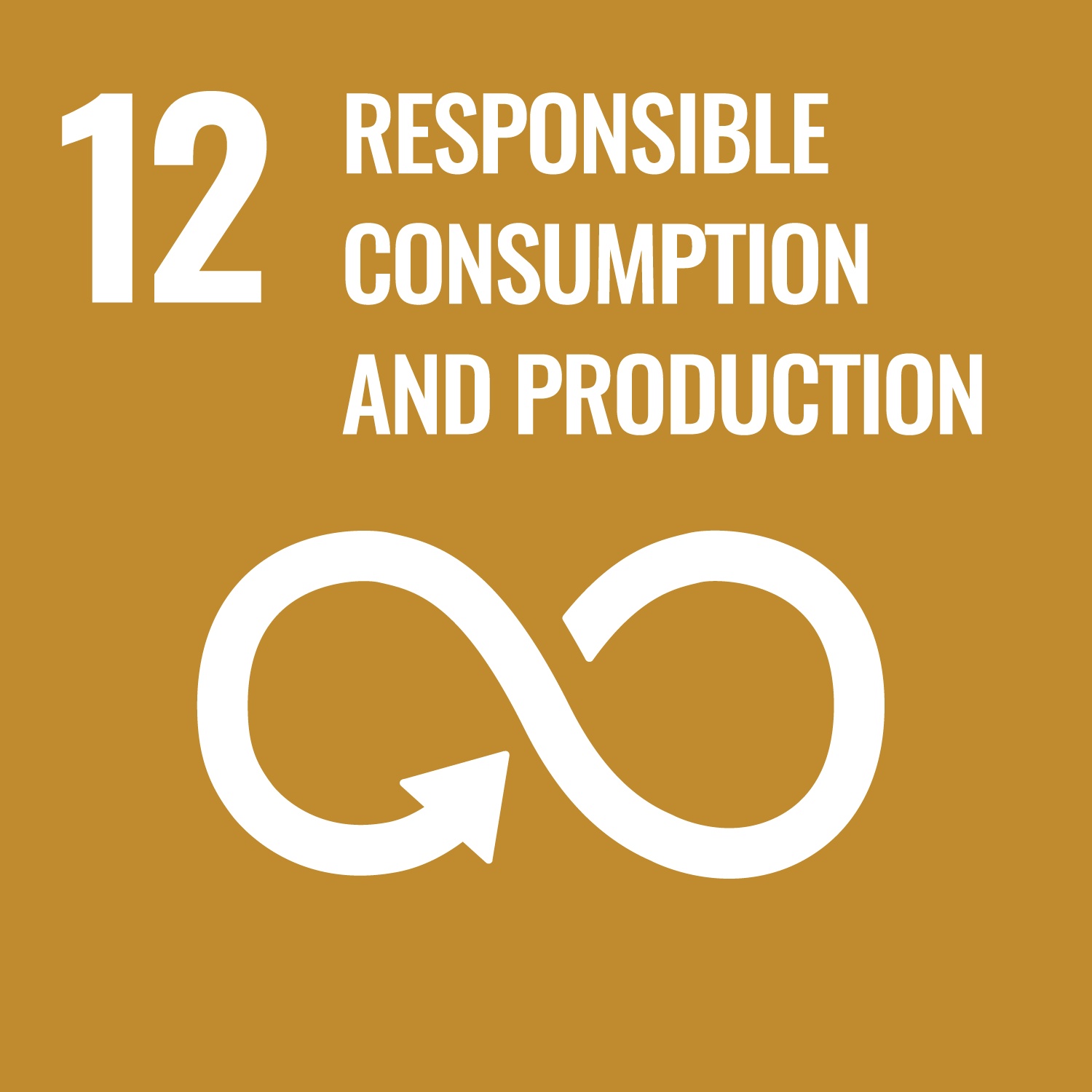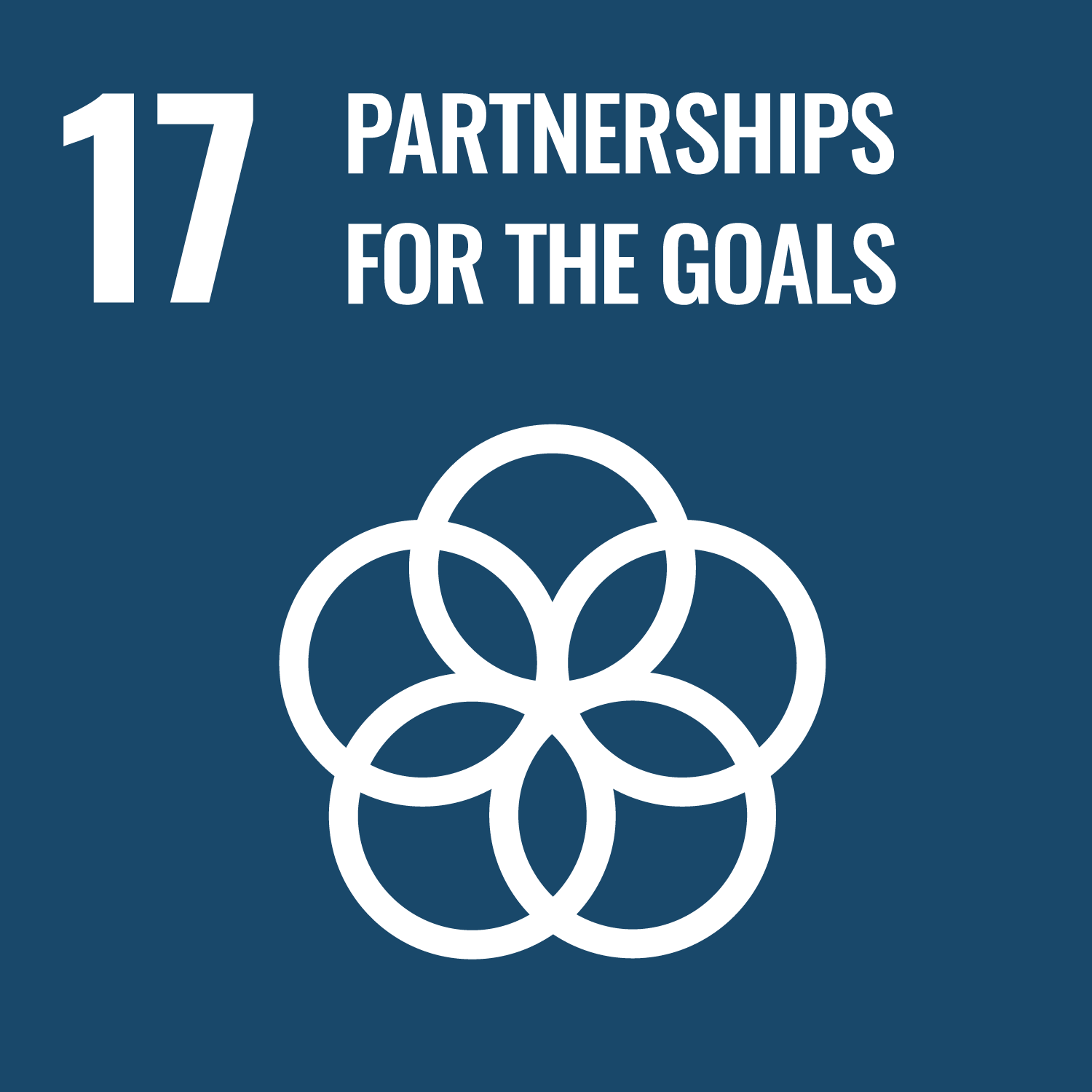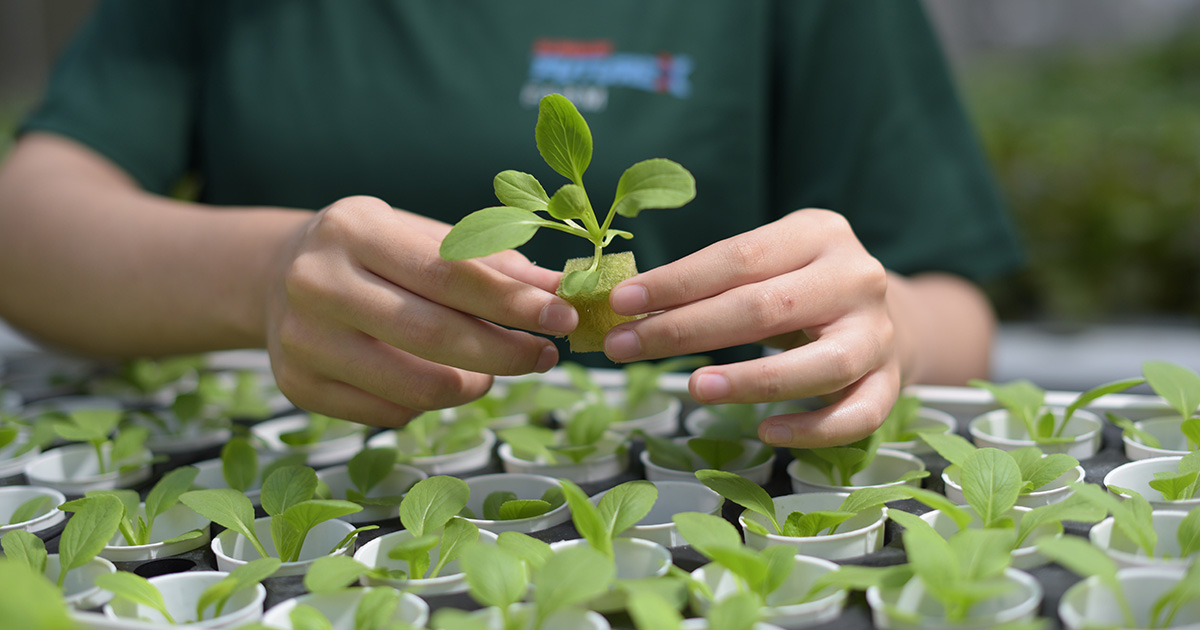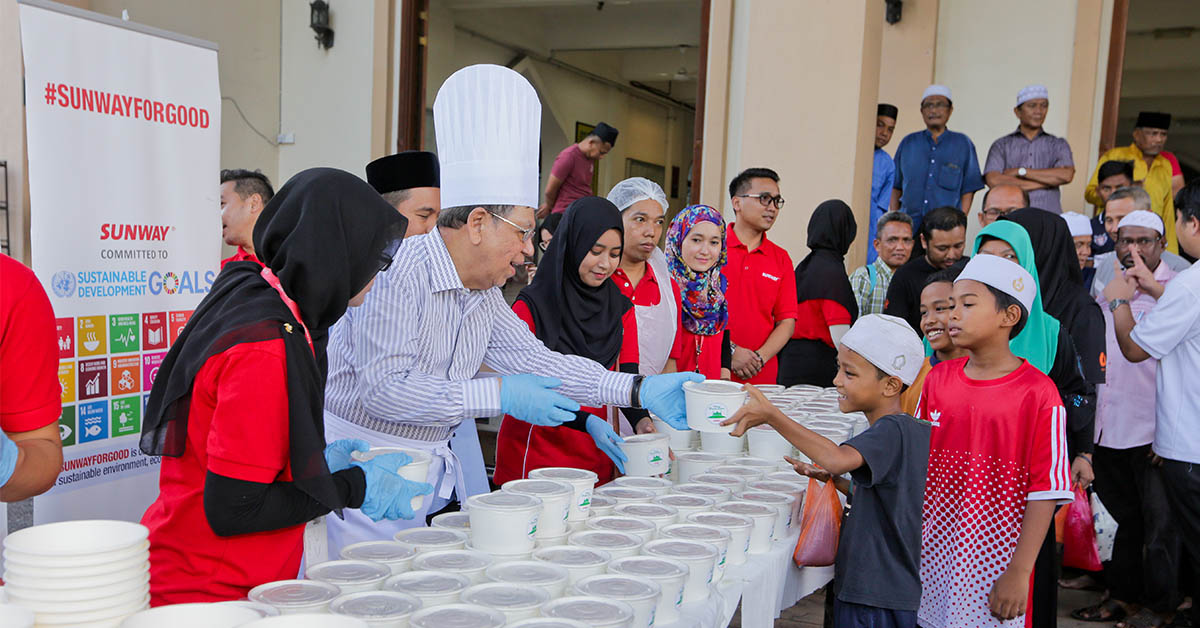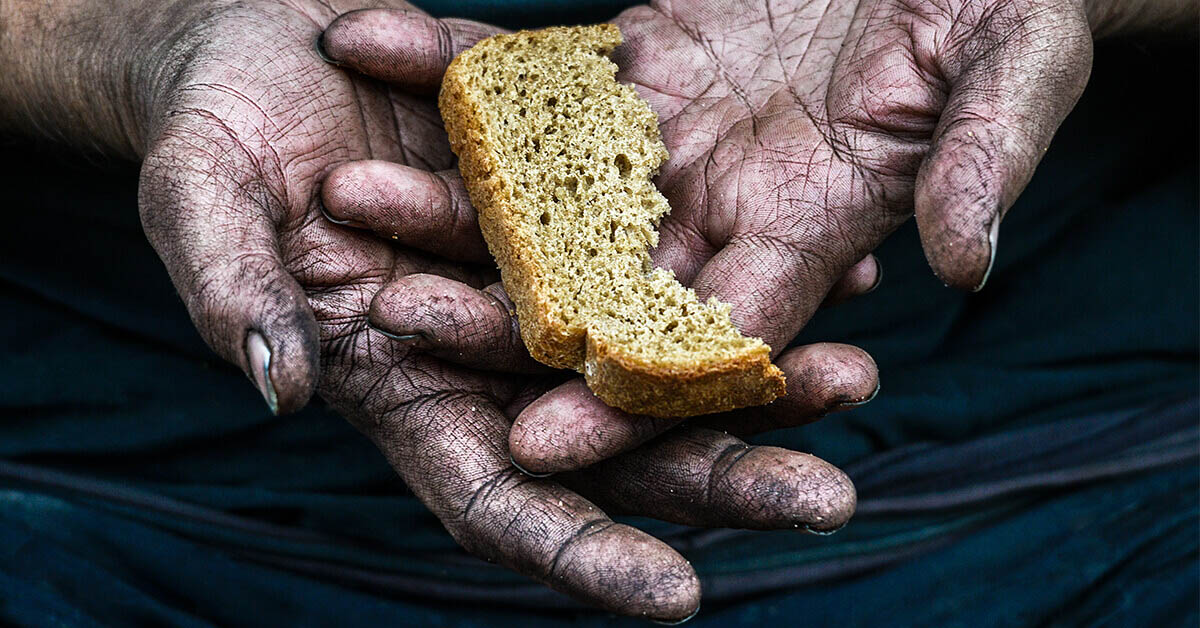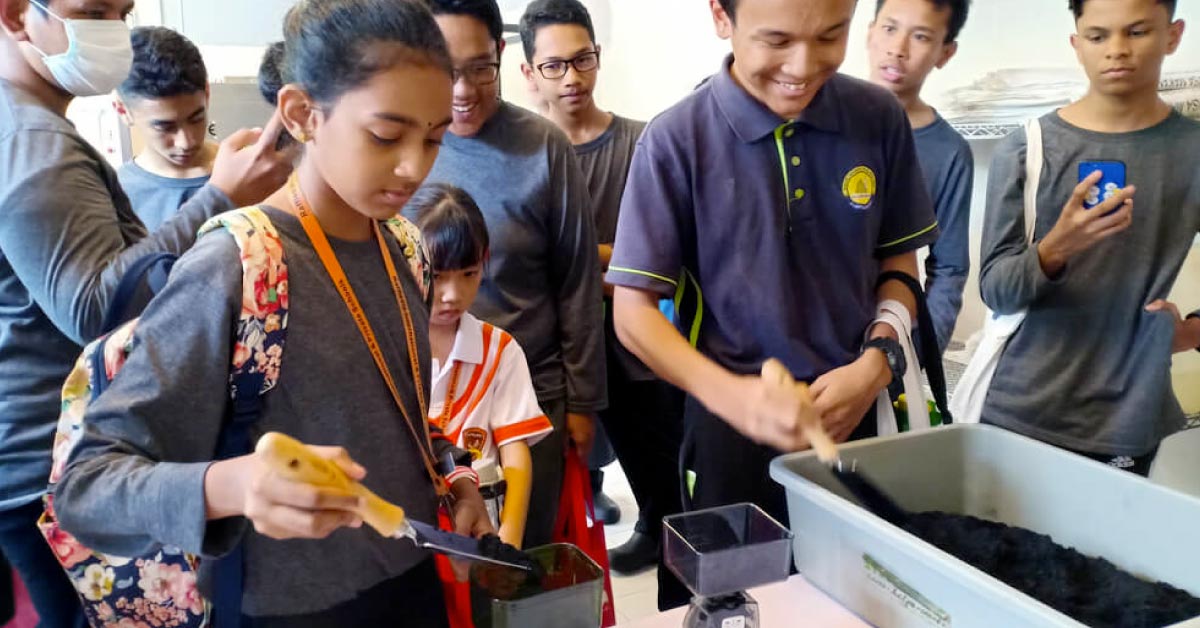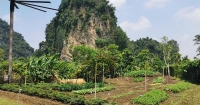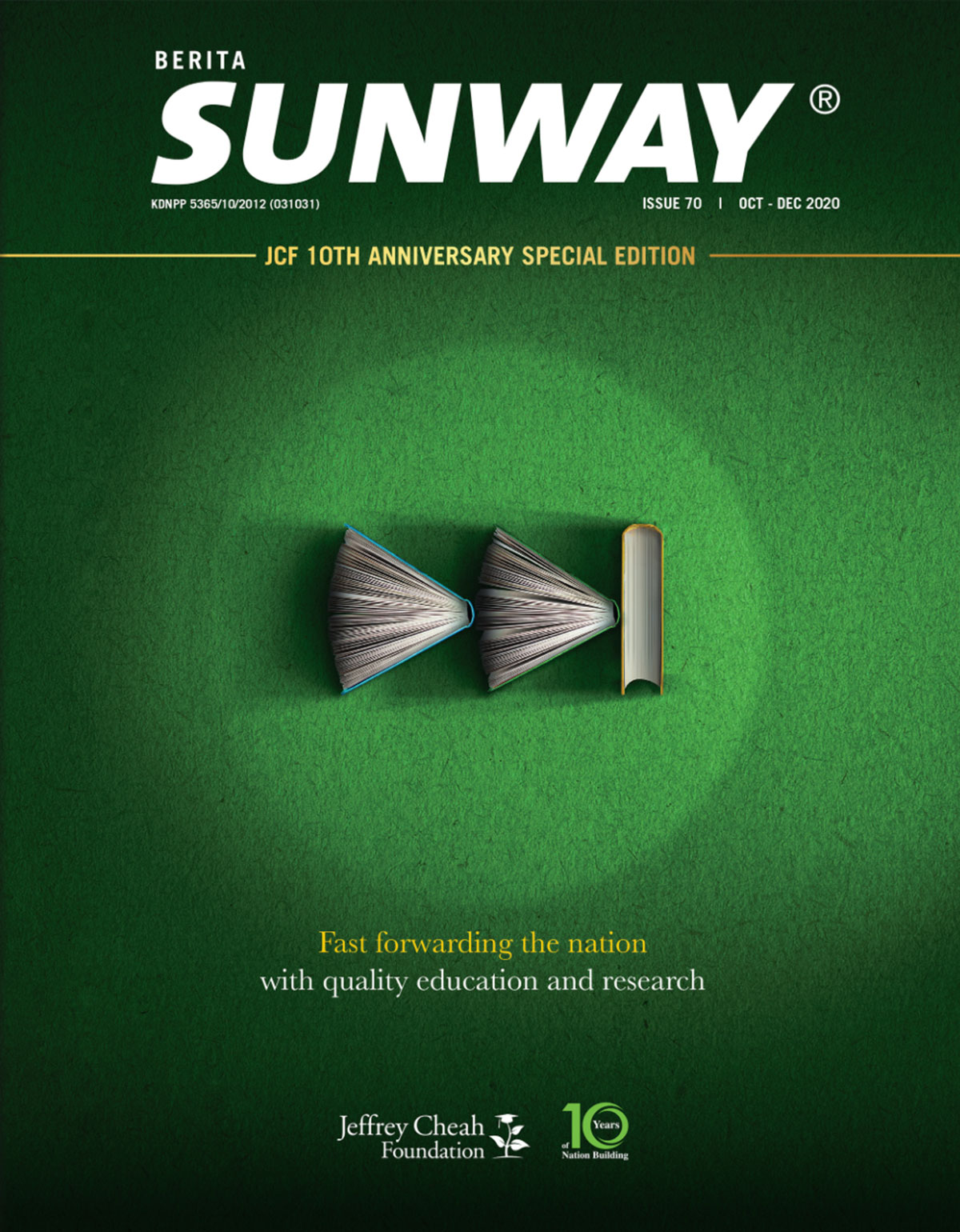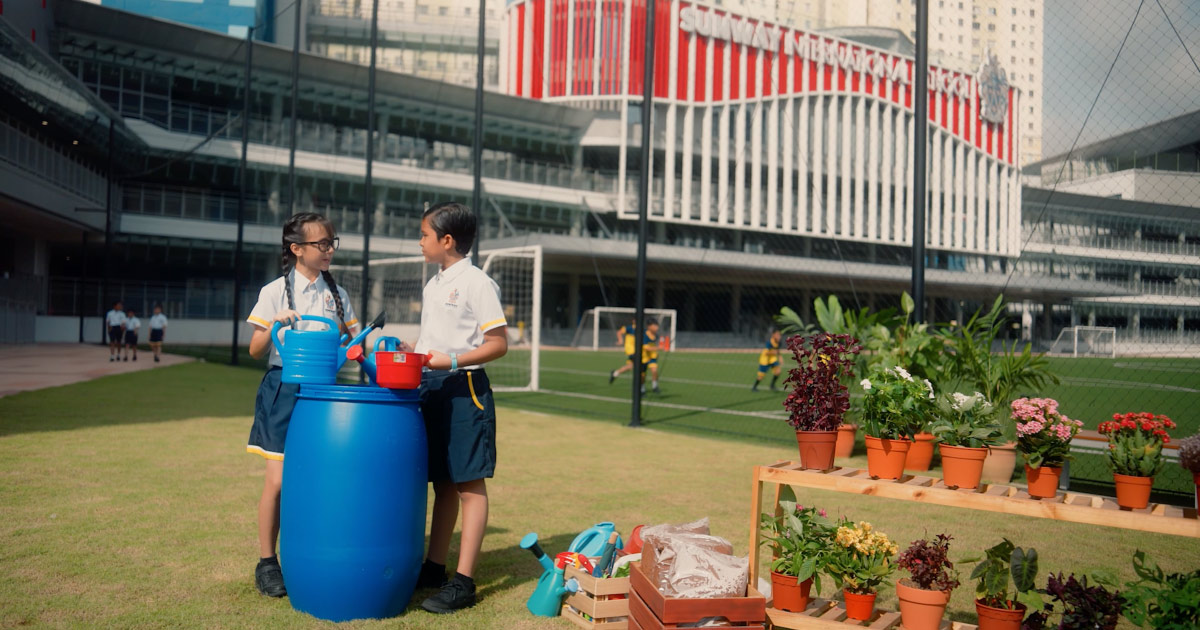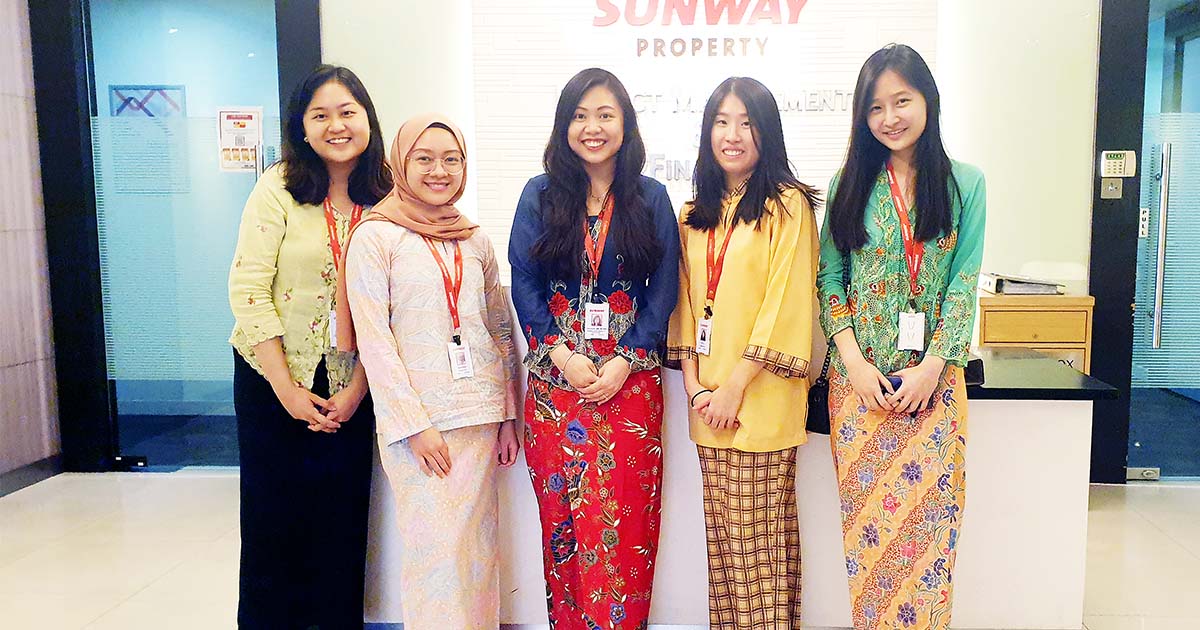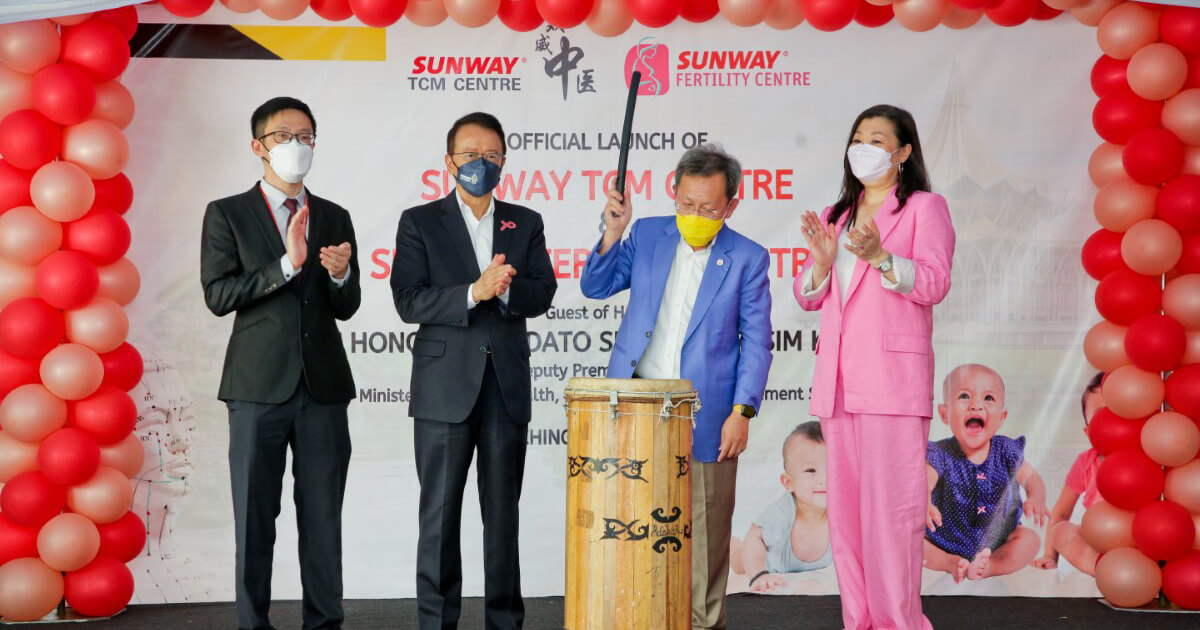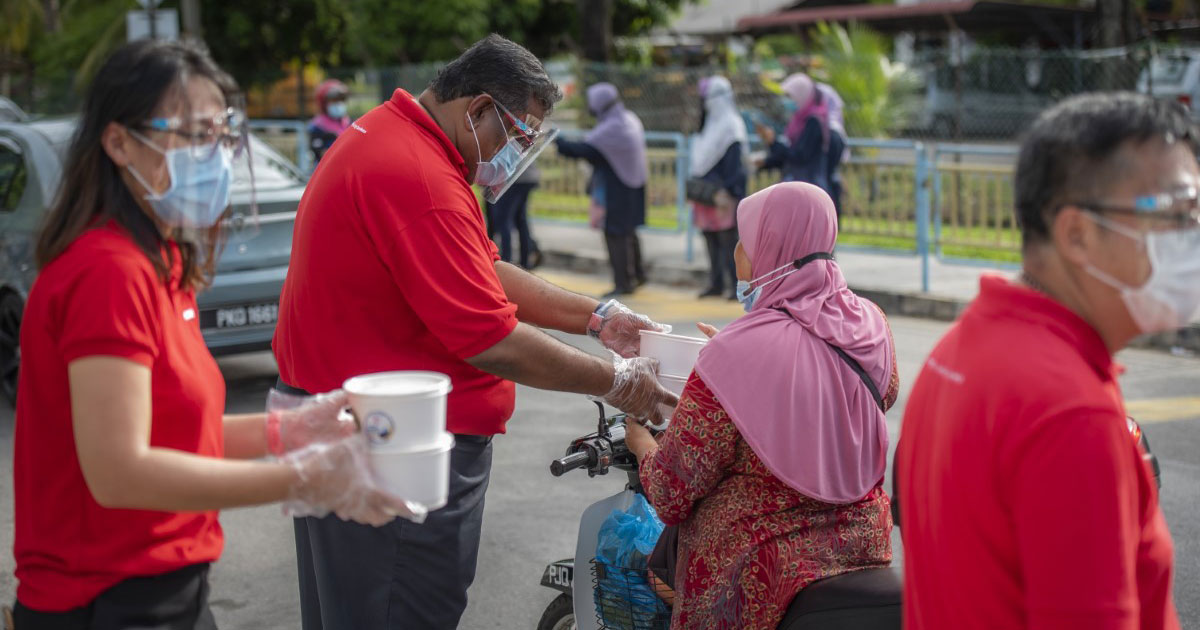The New Garden of Eden
-
A series of devastating climate disasters in various parts of the world are exposing the sins and failures of our food supply chain.
Can urban farming finally show us the path to salvation? For one with an illustrious beginning, industrial agriculture seems to be working up quite a bad rep in the sustainability circle as of late. The introduction of modern agronomy – high-yield and disease-resistant seeds, heavy doses of chemical fertilisers and pesticides, and irrigation – saved the Indian subcontinent from starvation in the 1960s and gave triumph to the so-called green revolution. Since then, things got much better, and in some ways much worse. Many stories in the past century sang of its efficiencies and economies of scale, but an urgent report released in August 2019 by the United Nations’ Intergovernmental Panel on Climate Change (IPCC) reveals uglier truths about its environmental, existential impact of the present. According to the findings, land use is responsible for 23% of global greenhouse gasses stuck in our atmosphere: half from carbon dioxide emitted through deforestation; half from agriculture. In turn, “climate change creates additional stresses on land, exacerbating existing risks to livelihoods, biodiversity, human and ecosystem health, infrastructure, and food systems,” the report summarises.
Food Forest in Concrete Jungle
Heeding such warnings, a new generation of farmers are rising to transform the way the country eats. Inside a converted laundry room at Sunway City Kuala Lumpur, hundreds of tender, young plants are thriving beneath a customised Heating, Ventilation, and Air Conditioning (HVAC) system that shields them from both the unpredictable sky and the effluence of pollutants. The innovation hub Sunway FutureX is responsible for tending to this farm, though its use of “farm” certainly stretches conventional definitions. The greens here do not grow out of the comforting embrace of the earth. They are produced “vertically”: cradled in plastic trays, stacked and slotted into a tower like cookies in a bakery. The indoor plots are bathed in artificial light and tickled by an artificial breeze, too, precisely calibrated by humming fans. It is not the whim of clouds that determines their watering schedules, rather, it is a continuously refined algorithm that works to monitor and dispense nutrient-enhanced water to arrays of seedlings.
What plants grow in such a place? Most would recognise them: sweet butterhead, romaine, and green corals that often show up as salad base, as well as species commonplace in Asian families’ crisper drawers like bok choy and tatsoi. “We have already yielded more than 60 varieties of leafy greens and herbs so far. Cultivation of fruits is still in progress at our pilot farms,” revealed Sunway Group chief innovation officer and Sunway iLabs director Matt van Leeuwen, offering a glimpse into their crop profile expansion effort.
This facility is one of four soil-less urban farms at Sunway FutureX that create precise growing conditions using technological advances such as data analytics and proprietary software systems. “We only started looking into technology and IoT (internet of things) to address challenges we were facing at the farm,” Matt said. He recalled episodes of water cuts and power outages in the early days. “And lack of sunlight during the rainy season too, which specifically affected the operations and output of our outdoor hydroponic greenhouse. So, we started incorporating sensors to monitor key metrics that allow us to intervene whenever any measurements are out of the normal range. That was the ‘aha!’ moment when we realised how the data we were collecting could smarten up our farms.”
Research and development is ingrained into the culture of Sunway FutureX and has been from the very beginning. Its launch in 2020 has expanded Sunway’s R&D capacity by manifold, accelerating Sunway’s ambitious agri-food tech vertical under the Sunway living lab initiative, which is said to address several challenge areas pertaining to future food scenarios, boost cross-sector – even transnational – cooperation, and provide funding opportunities to help promising talents get their plans off the ground. Featuring both indoor and outdoor farming areas, a research and development centre, as well as training and collaborative spaces, this hub has already begun blazing new trails in the urban farming revolution.
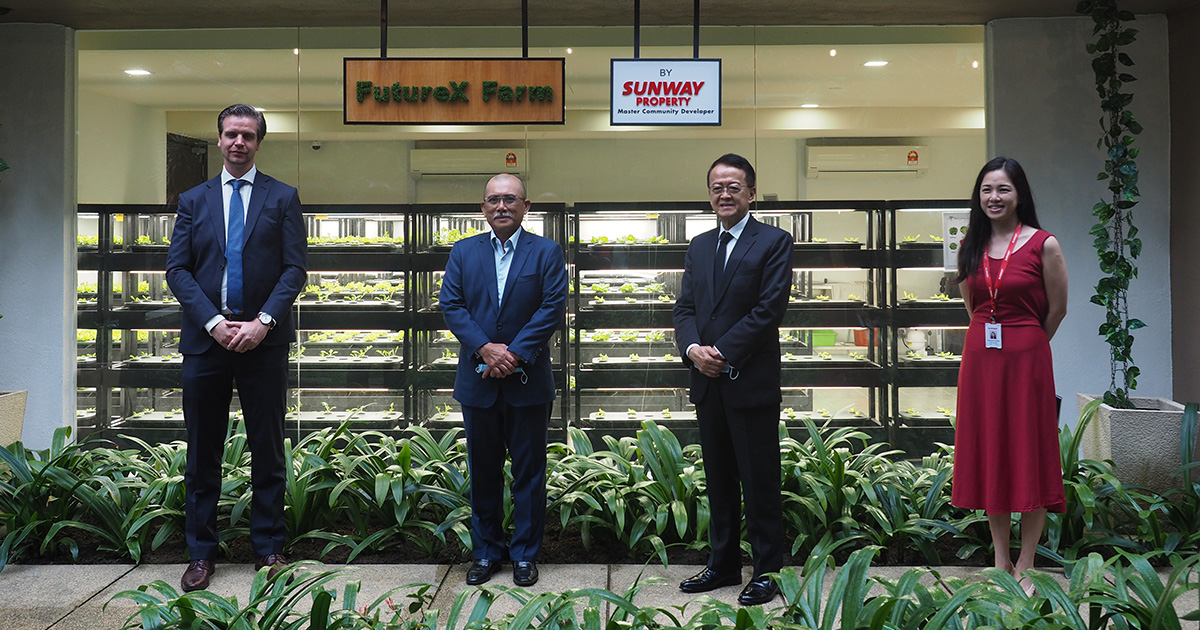
Minister of Agriculture and Food Industries, Datuk Seri Dr. Ronald Kiandee with Sunway Group founder and chairman Tan Sri Sir Jeffrey Cheah and Sunway Group chief innovation officer and Sunway iLabs director Matt Van Leeuwen during a visit to Sunway FutureX Farm
And it is just the beginning. Matt believes they are merely scratching the surface of its full potential. Partnering with Sunway University, his team is constantly upgrading and leveraging their robust data infrastructure and scientific know-how to magnify what is possible. “Our next step is to use AI (artificial intelligence) to predict and address any farming challenges before they happen. It should also help us better match our agricultural output with the market demands.”
Unifying Human to Nature
Indisputably, the demand for locally grown food has never been stronger. Sunway FutureX and a broad collection of metropolitan agricultural efforts have arrived at a pivotal moment, as countries around the world are beginning to bear witness to intensifying actions of climatic catastrophe. And then, there is the coronavirus pandemic. These stressors, when continuously exerted on the world’s main breadbasket regions, could potentially lead to increased conflict, mass migrations, and millions of refugees. In fact, community surveys worldwide have detailed how these changes are threatening food security, especially among the most vulnerable people. Today, estimated one in nine people in the world experiences food insecurity.
As global population balloons and climate depression continues to broadcast the fragility of our current food systems, we need innovators and entrepreneurs to step up to the table to increase food production, to end hunger and malnutrition, and to decrease food loss throughout the supply chain – all without bankrupting the earth. One of the concerns here is the freshness of food. To this end, Sunway FutureX is striving to bring production closer to the communities where consumption happens. “Our vision is to build one million square feet of decentralised smart urban farms throughout Sunway cities and other developments across the country. The goal is to have every urbanite living within 5km of access to fresh, healthy, and delicious produce,” said Matt.
And here lies the major dilemma: Can a patchwork of urban farms really grow enough to feed us all? Matt does not view them as a panacea to this food security conundrum. “Rather, they will complement existing agricultural practices in addressing the problem. Having said that, traditional farmers should start looking into some very pertinent challenges they are facing like climate change, logistics, and succession planning. Technology can be a part of the answer to ensure that we have sufficient food and decrease heavy reliance on food imports.”
In 2019, Singapore government announced its “30 by 30” vision – that is, 30% of nutrition sourced locally by 2030 – and allocated S$144 million in related projects, including urban farming. It is high time for us to take a leaf out of our neighbour’s book and reduce our collective dependency on imported food. Over the last decade alone, our national food bill has increased to about RM60 billion, with 55% of our vegetable needs imported. And a project like Sunway FutureX is teaching us to understand both the peril and the promise of the moment – that we either go green or we go under – all while giving us hope for tomorrow.
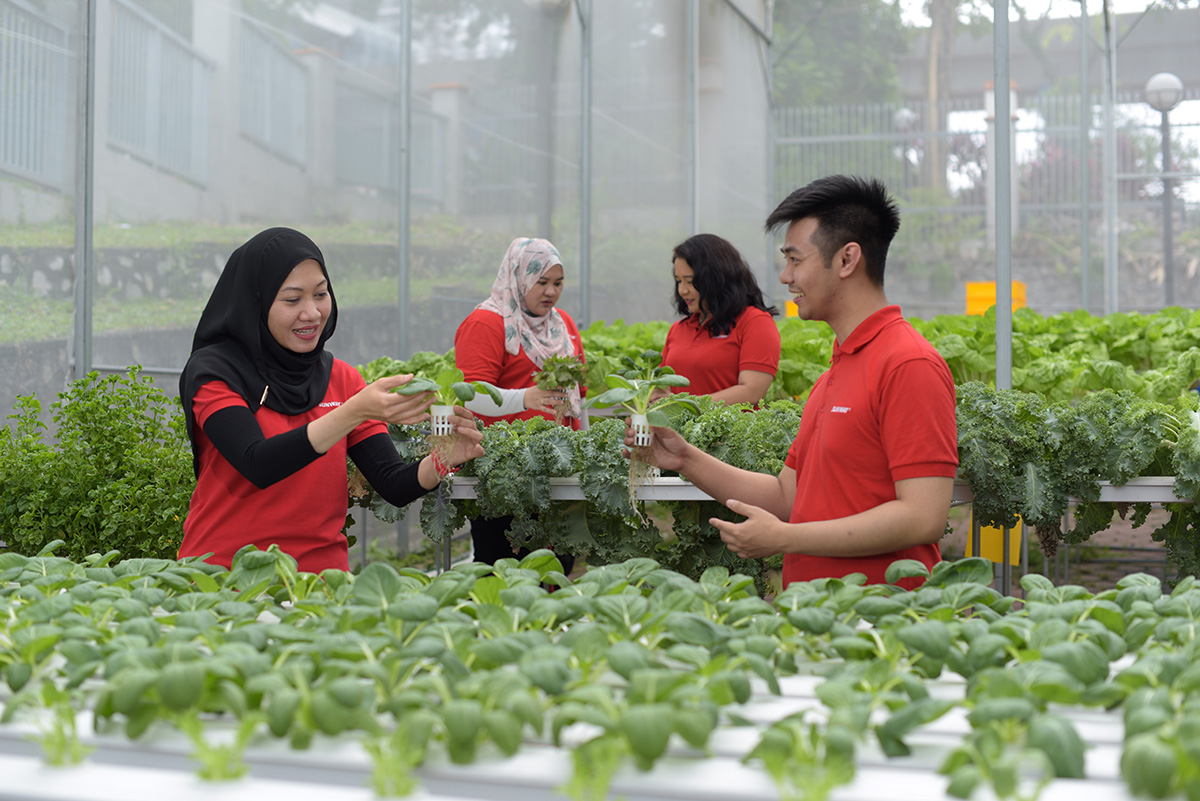
Harvesting for a Future
Horticulture at Home
Sunway FutureX offers three easy entry points to help you get aboard this edible gardening crusade.
Growner Subscription Model
With our one-of-a-kind Growner Model, even hopeless gardeners can now conceptually own a thriving farm plot. Pick a subscription plan that works best for you and let our trained agronomists do the heavy lifting of nurturing your crops from seed, harvesting them by hand and delivering them to your family table. In addition to a bounty of fresh produce, you get the peace of mind from knowing that they are all pesticide-free.
Eco-Friendly Farm Kit
The minimal, failproof setup of this hydroponic kit would work in the hands of any budding botanist. Not much time is needed to invest in this new hobby either – hydroponic gardens are relatively low maintenance – though patience is still required as the specimens take up to 50 days to grow. Every kit contains a seed packet, nutrients, and essential growing medium to help you unlock the agricultural potentials of your own backyard – or any part of your home, really.
Virtual Workshops
If you find yourself with more time on your hands, join our innovative virtual workshops that will lay the essential groundwork for understanding and pique new curiosity about urban farming. Learn how to grow your own food using hydroponic method or get to grips with the concept of food security and zero waste through the different modules on our roster.
This article first appeared in Berita Sunway Issue 73




